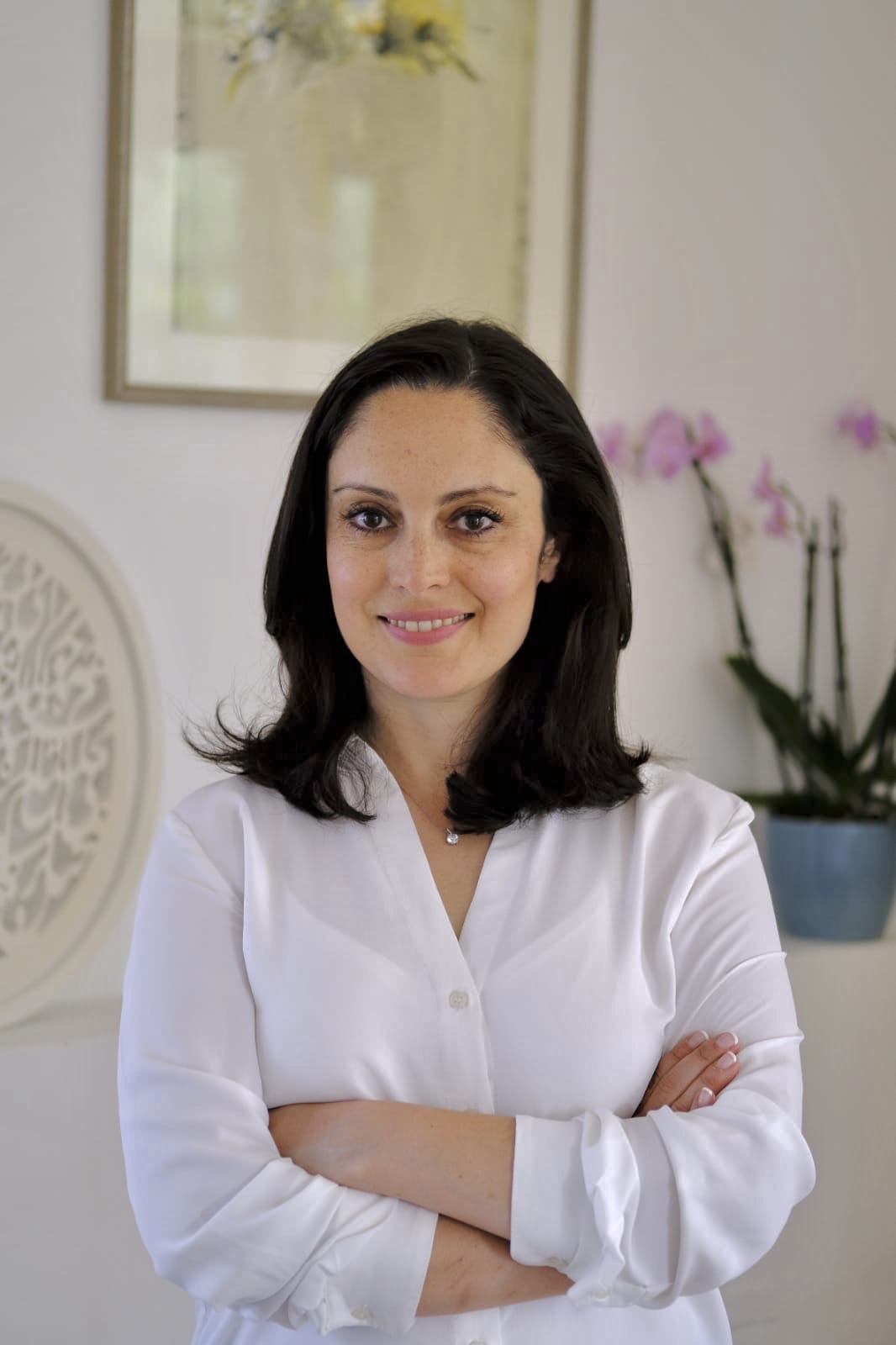Javaneh Pirzadamoli is an online therapist
What attracted you to become a therapist?
I had a turbulent childhood. During those years, my country was at war. I also lost my father suddenly at the age of 12 to a heart attack. Adults in my life were so preoccupied with their grief and emotional pain and I felt very lonely with mine.
As I got older, I often thought about the fact that if I had someone to talk to about my feelings, I would have felt much better and that led me to be attracted to psychology in general and wanting to provide a safe space for another human being's suffering.
Where did you train?
I trained at Terapia institute in London and got my accreditation from Middlesex University
Can you tell us about the type of therapy you practise?
My original training is integrative therapy. This means that depending on the client's needs, I draw from different modalities like humanistic, psychodynamic or cognitive behaviour therapy to help my clients.
However, in the past two years, I have trained as an Internal Family Systems therapist and now I combine that model with my previous therapeutic tools to make more effective changes.
How does Internal Family Systems therapy help?
Internal Family Systems is an evidenced-based model of psychotherapy that holds the belief that our mind is made of multiple parts. The multiplicity of the mind is very tangible for most people. We all have been in a situation where we felt: "A part of me tells me it's the right time for this step but another part says it might be too risky!"
Parts are developed depending on our life experiences. Some of these parts are wounded and others are made in order to protect those wounded parts. Underlying parts is a person's true Self. Self is not a part but our true essence, which is compassionate and connected.
IFS focuses on healing the wounded parts by hearing from them and their positive intentions. The aim is to change the dynamics that create discord among the parts. This is done by restoring the connection with the Self and rebuilding the trust in it.
IFS is an effective model to treat most psychological issues such as depression, anxiety, low self-esteem, trauma and so on.
What sort of people do you usually see?
I work a lot with adolescents and young adults. I am passionate about working with this age group and I find their internal world fascinating. They come to me with issues such as low self-esteem, depression, self-harm, and early attachment trauma.
My work with teens also includes psycho-education. They are very interested to learn about their brain and nervous system.
My work with adults is very different, but as interesting. I work with a range of difficulties such as depression, trauma, OCD, anxiety disorders and so on.
Have you noticed any recent mental health trends or wider changes in attitude?
Obviously during and after Covid, people presented many different symptoms of anxiety, low mood and relationship issues. This was predictable because we were all deprived of our ways to keep good mental health.
In general, among adolescents, I notice a lot of self-esteem issues because of social media and negative self comparison among young people.
What do you like about being a therapist?
I feel privileged to hear other people's stories and try to make a difference in their lives. Although psychotherapy is very complex on many levels, even small changes my clients make in their own lives keep me motivated on this path. After all, big changes always start with taking the first steps.
What is less pleasant?
Being a therapist is a hard job. Holding pain and suffering for another human being is not easy. That's why self-care should be top priority for every therapist.
Do you ever suggest books or apps to clients?
I rarely suggest books or apps to clients unless they directly ask me for recommendations. Experience has taught me that people can find their resources if they really want to and they will ask if they need help with that.
What you do for your own mental health?
I work on myself in therapy. I spend time in nature and walk every morning. I meditate every day and try to keep a balanced life.
You are an online therapist. How does that change your work as a therapist?
I work exclusively online. This means that I can work with people all over the country. I think people who choose me, they do so because they like my profile and the way I work rather the area I might be in.
What's your consultation room like?
My office at home is a bright spacious room with a big window. I also have a sofa where I can rest when I feel tired. Usually I write my clinical notes after my sessions on my sofa.
I also have a big book shelf and a few plants for decoration.
What do you wish people knew about therapy?
I wish people knew that therapy is not about paying someone just to listen to you and your struggles. It's the relationship between the two people that heals. Unconditional positive regard from someone who doesn't judge, who has embodied acceptance and compassion through years of learning and working on themselves.
It is also about processing thoughts and feelings in that space with someone who actively listens to you and has the best intention to help you find your inner compass.
What did you learn about yourself in therapy?
So many things but if I want to condense it to two sentences: I found the courage to be on my side and not against me. I developed the ability to support myself, be my best friend and ally!

